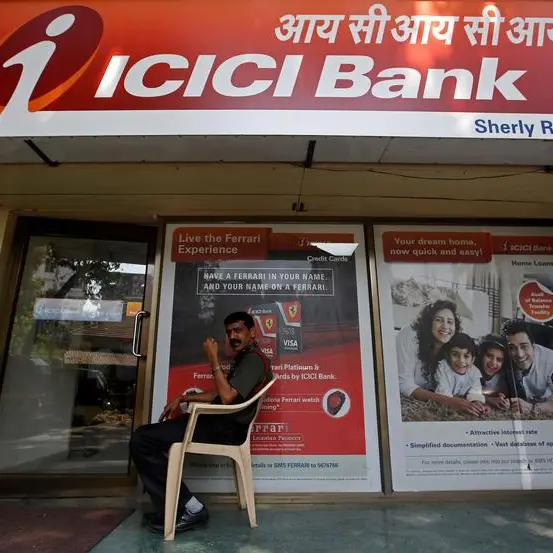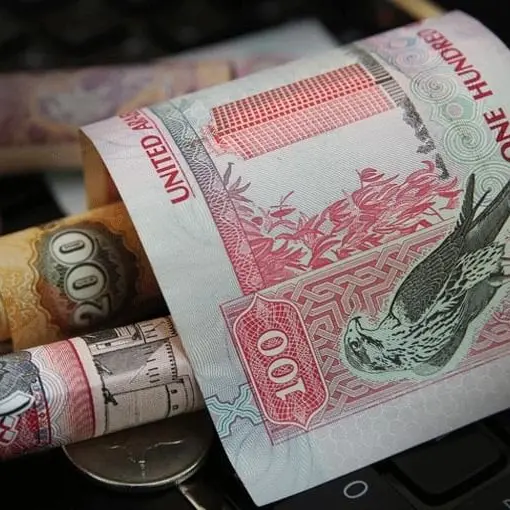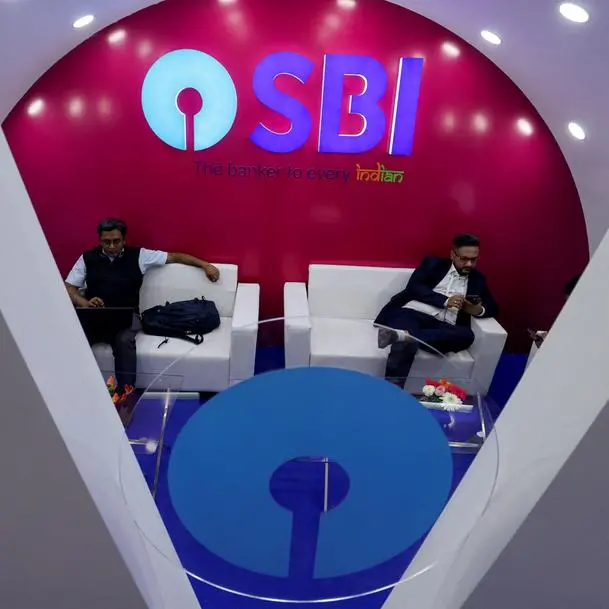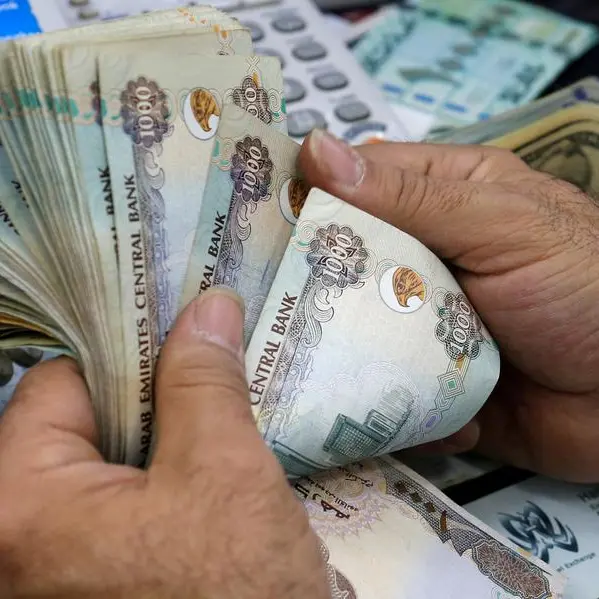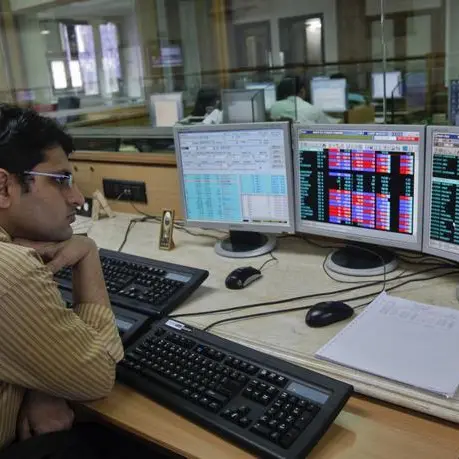PHOTO
DUBAI: Saudi Arabia launched a $12 billion, three-part bond issue on Monday, generating more than $30 billion in orders amid strong investor demand.
The kingdom sold $3.25 billion, $4 billion and $4.75 billion in tenors of six, 10 and 30 years respectively, for domestic budgetary purposes, capital markets publication IFR reported.
Saudi Arabia, the world's top oil exporter, last week approved an annual borrowing plan that estimates financing needs for 2024 at $23 billion to help plug a fiscal deficit and repay upcoming maturities.
Midway through an economic transformation plan known as Vision 2030 to diversify away from hydrocarbons, it has budgeted for increased spending to drive domestic growth and support non-oil GDP.
Simon Quijano-Evans, chief economist at Gemcorp Capital Management Limited in London, said the Saudi issuance was "much anticipated" by markets, with the Gulf state benefiting from a higher rating than other emerging market peers.
"(Saudi Arabia) will thus likely continue to be seen as an interesting cross-over opportunity for many global funds," Quijano-Evans said in a note.
Final spreads narrowed from initial guidance allowing the Saudi government to price the bonds more favourably on the back of healthy investor appetite.
Spreads for the six-year bond were tightened to 90 basis points (bps) over U.S. Treasuries (UST) from 115 bps; to 110 bps over UST for the 10-year from 135 bps; and to 170 bps for the 30-year portion from 195 bps.
Citi, HSBC, J.P. Morgan Securities and Standard Chartered Bank were mandated global coordinators and joint bookrunners for the issue, with Bank of China, Mizuho International, SMBC Nikko and SNB Capital acting as passive bookrunners.
Saudi Arabia sold $16 billion in sovereign bonds last year. Public debt is expected to reach 1.115 trillion riyals ($297.33 billion) by the end of 2024, which is around 26% of GDP. ($1 = 3.7501 riyals) (Reporting by Rachna Uppal and Andrew Mills; Additional reporting by Libby George in London and Hadeel Al Sayegh; Editing by Alex Richardson, Ed Osmond and Mark Porter)


